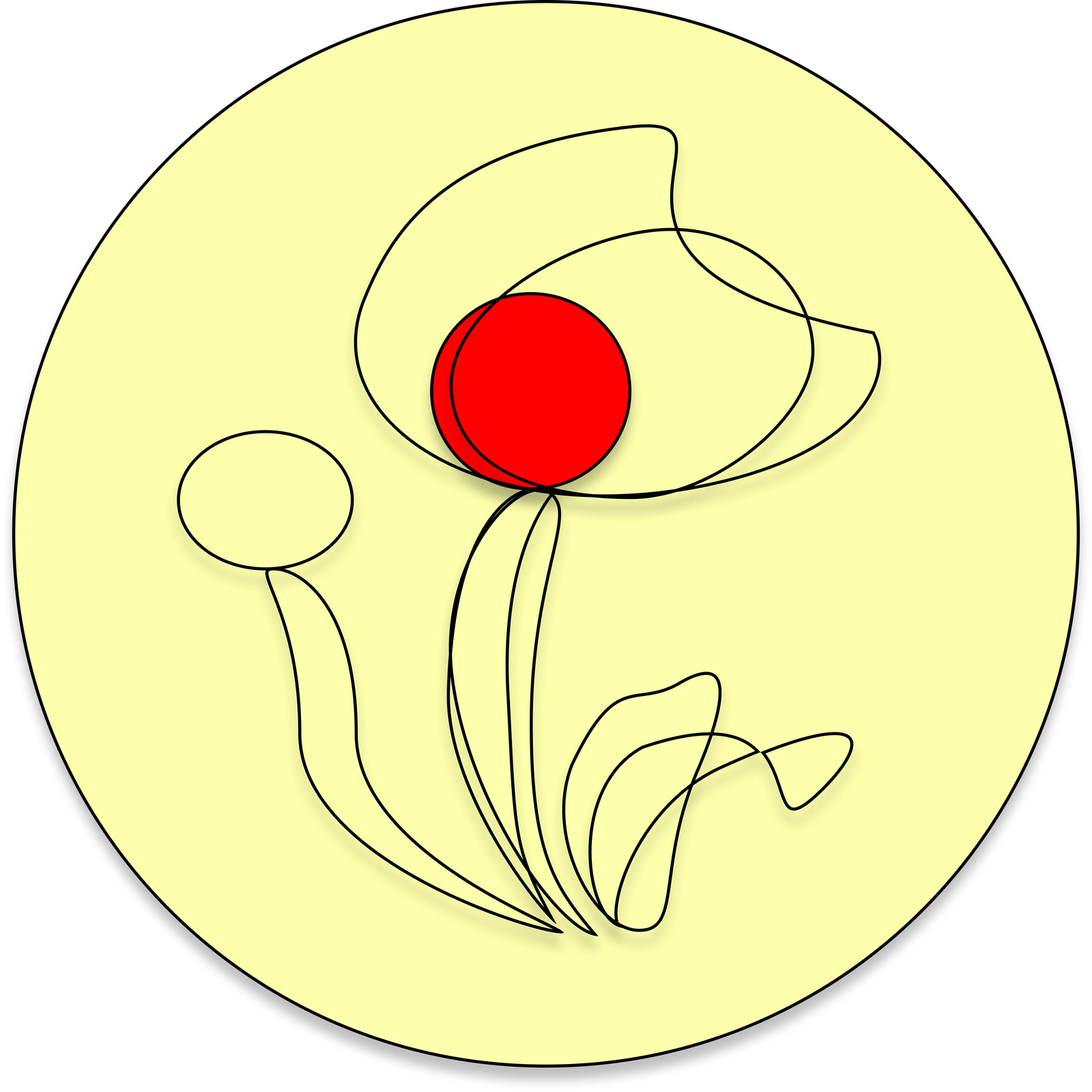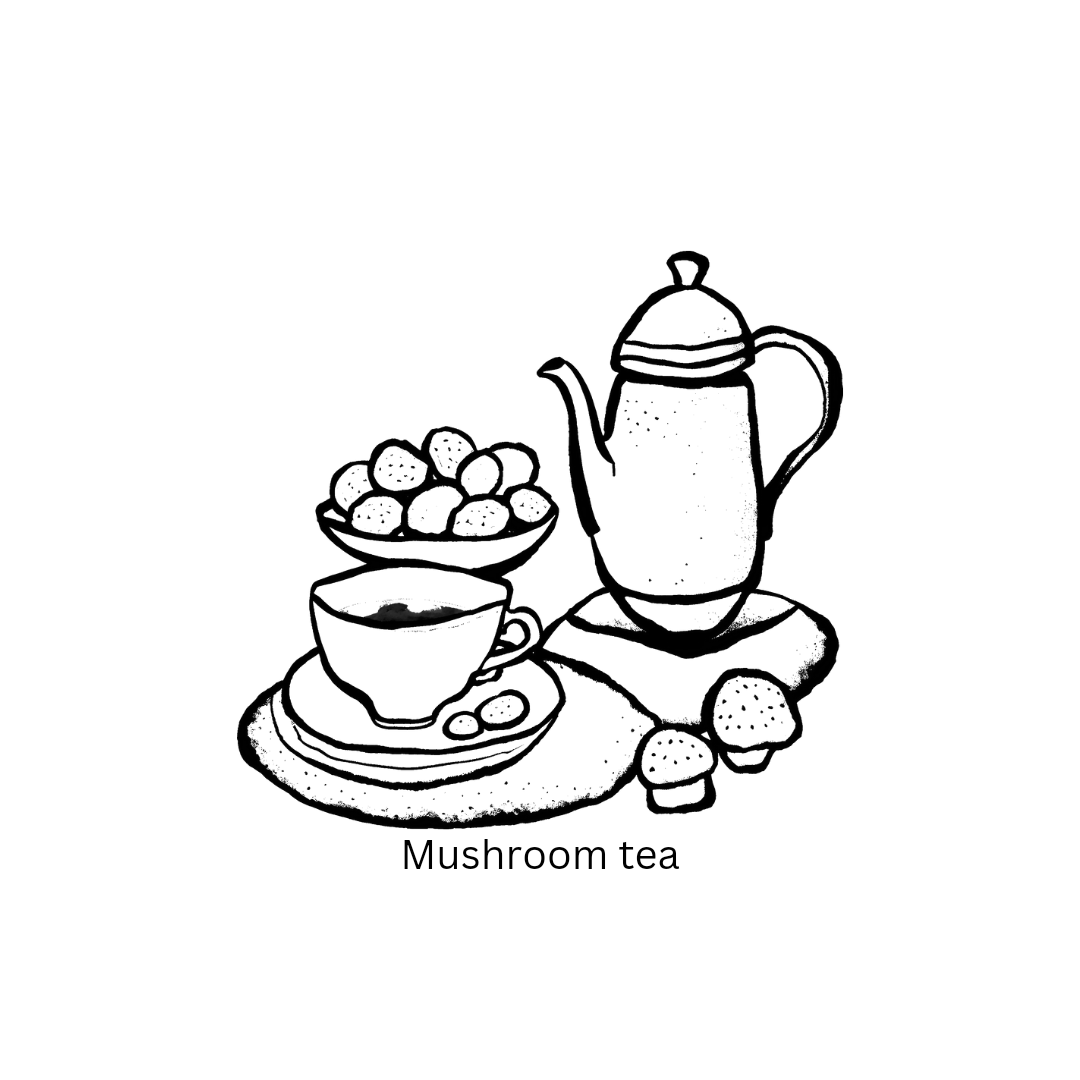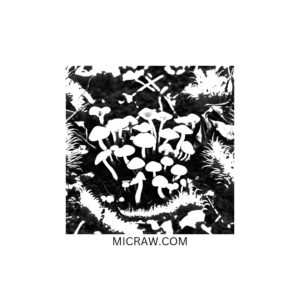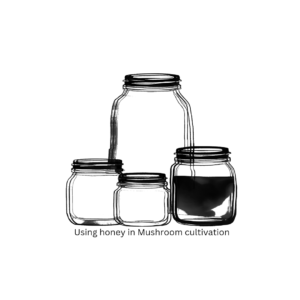Mushroom tea, particularly varieties made from psychedelic mushrooms like Psilocybe cubensis and other species in the Psilocybe genus, has gained widespread popularity. These teas are easy to prepare and offer potent effects. However, the world of mushroom tea encompasses much more than just psychedelics, with a rich history and diverse varieties.
1. Psychedelic Mushroom Tea
One of the most well-known forms of mushroom tea is made from psychedelic mushrooms such as Psilocybe cubensis. This tea is recognized for its psychoactive properties, which have been used across various cultures for spiritual and therapeutic purposes. Its ease of preparation and potent effects have contributed to its widespread use and historical significance.
2. Chinese Mushroom Tea
In China, mushroom tea has a long cultural tradition. One of the most renowned Chinese medicinal mushrooms is the Lingzhi mushroom, known as Reishi in Japanese (Ganoderma species). Reishi mushroom tea is highly esteemed for its health benefits and is readily available worldwide. You can easily order it online from various suppliers.
Another notable mushroom tea in China is made from Chaga (Inonotus obliquus). Despite its ash-like appearance, Chaga is a fungus with a rich history of medicinal use. Its origins are debated, but it is believed to have been used in Russia or China. Chaga was featured in the ancient Chinese pharmacopeia Shen Nung Pen Tsao Ching (28th century BCE) and has been utilized for over 5,000 years. In the 1950s, Chaga gained recognition in Russia for its immune-supportive properties, and today, it is widely available in North America and Europe.
3. Korean Mushroom Tea
In Korea, mushroom tea, known as beoseot-cha (버섯차), is a cherished part of traditional herbal medicine. This tea is made from a variety of edible mushrooms valued for their health benefits. Common mushrooms used include Shiitake (Lentinula edodes), Oyster Mushroom (Pleurotus ostreatus), and Black Hoof Mushroom (Phellinus linteus). These mushrooms are often combined with other herbs and ingredients to create a tea that supports overall health.
Korean mushroom teas are typically prepared by boiling the mushrooms with water, allowing their nutrients and flavors to infuse into the tea. This traditional method is believed to enhance the medicinal properties of the mushrooms, making the tea a popular choice for boosting immune function and promoting wellness.
4. Health Benefits of Mushroom Tea
Mushroom teas, including those made from psychedelic and medicinal mushrooms, contain beta-glucan, a type of soluble fiber associated with numerous health benefits. Beta-glucan is known for its ability to improve immune function, lower cholesterol levels, and support overall health. The diverse range of mushroom teas available offers significant potential benefits for maintaining a healthy lifestyle.
Conclusion
Mushroom tea comes in many varieties, each with its unique history and benefits. From the psychoactive effects of Psilocybe cubensis to the medicinal properties of Reishi and Chaga, these teas offer a range of health benefits. Incorporating mushroom tea into your diet can provide numerous wellness advantages and support overall health.




